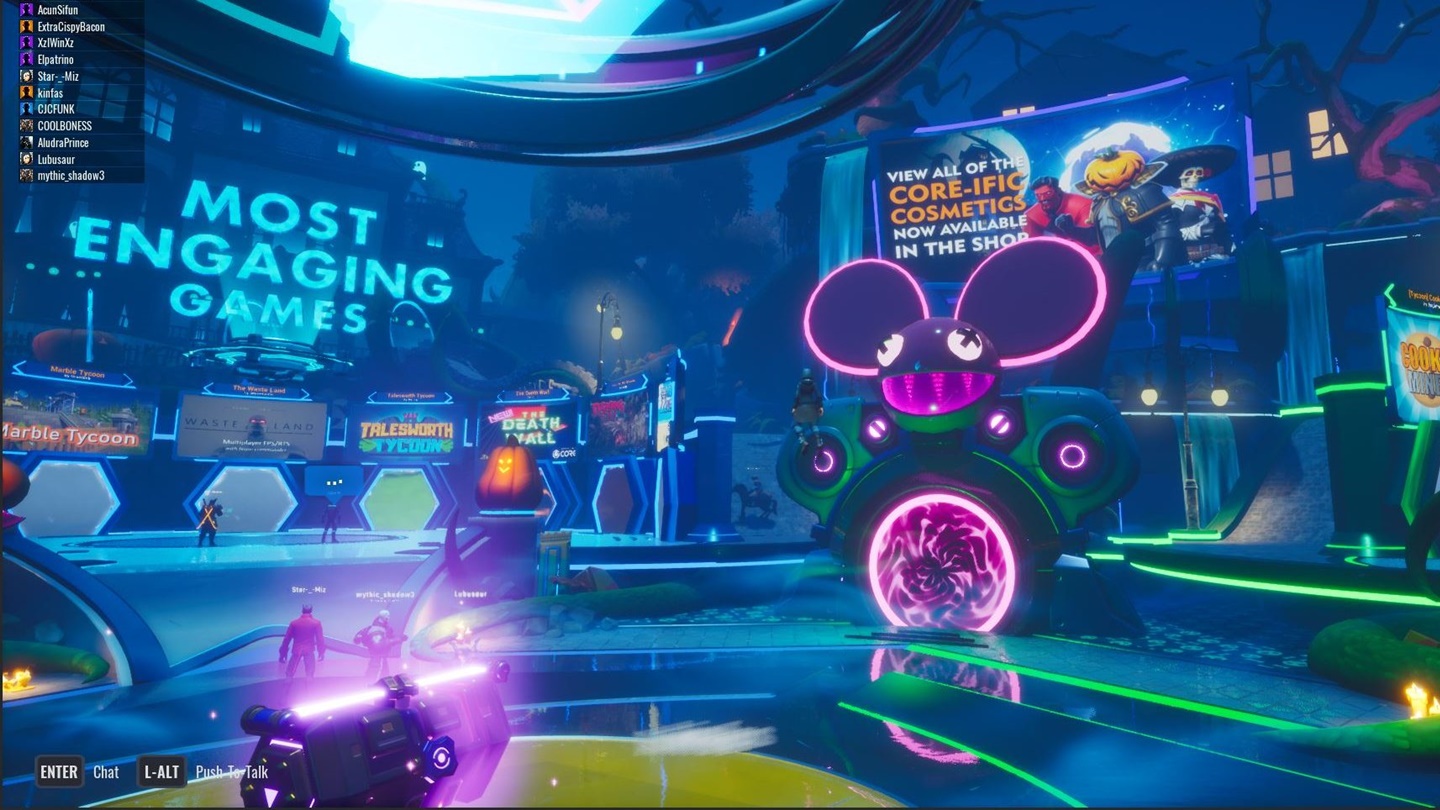How to get good at basketball? Basketball is a dynamic and exhilarating sport that requires a unique blend of skills, both physical and mental. Whether you’re a beginner looking to make your high school team or a seasoned player aiming to take your game to the next level, the journey to becoming good at basketball is an exciting and rewarding one.
In this blog, we’ll explore the path to basketball excellence, step by step. We’ll cover the fundamentals of the game, delve into the mindset required for improvement, and discuss the importance of consistent training and practice. By the time you finish reading, you’ll be armed with the knowledge and inspiration you need to elevate your basketball skills and take your game to new heights.
The Fundamentals of Basketball
Before you can aspire to slam-dunk like LeBron James or hit three-pointers with the accuracy of Stephen Curry, you must master the fundamental skills that form the backbone of basketball. These skills are the building blocks of your game, and no player, no matter how talented, can bypass them.
The fundamentals of basketball include:
Dribbling: Dribbling is the art of bouncing the ball while maintaining control. A skilled dribbler can maneuver around defenders and protect the ball effectively. It’s the foundation of ball-handling.
Shooting: Scoring is the name of the game, and shooting is how you do it. Proper shooting technique involves balance, focus, and muscle memory. Whether it’s a layup, a jump shot, or a free throw, your ability to put the ball in the hoop is crucial.
Passing: Basketball is a team sport, and passing is how you share the ball with your teammates. Precision and timing are key when delivering passes. Great passing leads to better offensive flow and scoring opportunities.
Defense: It’s not just about putting the ball in the basket; it’s about stopping the other team from doing the same. Defense includes skills like blocking shots, stealing the ball, and effective man-to-man or zone defense.
Mastering these fundamentals is essential. Without a solid foundation, your ability to contribute to your team’s success is limited. In the next section, we’ll explore the right mindset for improvement, which is equally crucial in your journey to becoming an outstanding basketball player.
The Right Mindset for Improvement
Becoming good at basketball isn’t just about physical skills; it’s also about having the right mental attitude. The mental aspect of the game often separates the average players from the exceptional ones. Here are some key aspects of the right mindset for improvement:
Setting Goals: To reach your full potential, it’s essential to set clear and achievable goals. Whether it’s improving your shooting percentage or making the starting lineup, having specific objectives gives you direction and motivation.
Staying Motivated: Basketball is a demanding sport, and there will be times when progress seems slow. It’s during these moments that your motivation and dedication are tested. Cultivating a strong work ethic and a love for the game will keep you going when the going gets tough.
Overcoming Challenges and Setbacks: Adversity is a natural part of any athlete’s journey. Injuries, losses, and slumps are common. The ability to bounce back, learn from your failures, and continue to grow is a hallmark of successful players.
In the world of basketball, your mindset is just as important as your physical skills. The two work hand in hand to propel you toward excellence. In the next section, we’ll dive into the nitty-gritty of training and practice, where your skills will be honed and refined.
Training and Practice
Success in basketball, like any other sport, is closely tied to the amount and quality of training and practice you put in. Talent alone won’t get you very far if you’re not committed to consistent improvement. Here are some critical aspects to consider when it comes to training and practice:
Different Training Methods: There’s no one-size-fits-all approach to basketball training. Different skills require different training methods. For example, working on shooting accuracy may involve drills like free throws and spot shooting, while improving agility might require cone drills and ladder exercises. It’s essential to diversify your training regimen to cover all aspects of your game.
Importance of Consistency: Consistency is key in skill development. It’s better to practice for an hour every day rather than cramming for a marathon session on the weekend. Consistent practice helps build muscle memory, which is essential for developing and maintaining skills.
Efficient Skill Development: Practice with a purpose. Don’t just shoot hoops or dribble aimlessly. Focus on specific areas that need improvement. Identify your weaknesses, and tailor your practice to address them. Additionally, seek feedback from coaches or experienced players to fine-tune your technique.
Nutrition and Fitness
Your body is your most important piece of equipment on the basketball court. To perform at your best, you need to fuel and maintain your body correctly:
Nutrition: Proper nutrition is crucial for energy, recovery, and overall health. A diet rich in carbohydrates, protein, healthy fats, and essential vitamins and minerals is vital for a basketball player. Hydration is also key. Staying well-hydrated ensures you can endure the physical demands of the game.
Basketball-Specific Fitness: Basketball requires a combination of strength, speed, agility, and endurance. Tailor your fitness routine to address these needs. Strength training, plyometrics, and cardio exercises can all contribute to your on-court performance.
Injury Prevention and Recovery: Injuries are a part of any sport, and basketball is no exception. Proper warm-up and cool-down routines, along with adequate rest, are essential for injury prevention. If you do get injured, prioritize rehabilitation and recovery to ensure you return to the court stronger than before.
Coaching and Mentorship
While individual practice is crucial, the guidance of experienced coaches and mentors can significantly accelerate your development:
Benefits of Coaches: A coach can provide structured training programs, offer personalized feedback, and help you understand the nuances of the game. Their experience and knowledge can be invaluable in your journey.
Finding a Suitable Coach or Mentor: Seek out qualified coaches or mentors who can cater to your specific needs and goals. Look for coaches who understand your playing style and can provide the right guidance.
Learning from Experienced Players: Sometimes, your teammates or other players you compete against can also offer valuable insights. Watch and learn from players who excel in areas you want to improve.
Having a knowledgeable and supportive network can make a significant difference in your quest to become a better basketball player. In the next sections, we’ll delve into game strategy, teamwork, and overcoming challenges.
Game Strategy and IQ
Basketball is not just about individual skills; it’s also about understanding the strategic aspects of the game. Developing your basketball IQ and strategic acumen is essential for becoming a well-rounded player:
Understanding Basketball Strategies: Learn the various offensive and defensive strategies used in basketball, such as fast breaks, pick-and-rolls, zone defense, and full-court presses. Understanding these strategies will help you anticipate and react to different game situations effectively.
Developing Basketball Intelligence: Basketball IQ involves court awareness, decision-making, and reading the game. It’s about knowing when to pass when to shoot, and when to make the right defensive play. Studying game situations and learning from experience can enhance your basketball intelligence.
Studying Game Footage: Watching game footage, whether it’s professional games or your own performances, can be incredibly enlightening. You can dissect plays, analyze your mistakes, and identify areas for improvement. It’s a powerful tool for learning and evolving as a player.
Playing in a Team
Basketball is a team sport, and your ability to work effectively within a team is just as crucial as your individual skills:
The Importance of Teamwork: Understand that basketball is not a one-person show. Embrace the importance of teamwork, which involves passing, setting screens, and playing off your teammates. Good teamwork leads to more open scoring opportunities and better defense.
Communication and Collaboration: Effective communication on the court is essential. It helps in coordinating plays, calling out switches on defense, and sharing information with your teammates. Collaborating with your fellow players creates a cohesive and efficient team.
Building Chemistry with Teammates: The best teams have players who understand each other’s tendencies and anticipate each other’s movements. Building chemistry with your teammates takes time and practice. Spend time on and off the court together to develop trust and understanding.
Overcoming Plateaus and Challenges
On the path to becoming a skilled basketball player, you’ll inevitably face challenges and plateaus. How you deal with these obstacles can determine your progress:
Common Challenges: Every player faces challenges like performance slumps, injuries, or competition for playing time. Recognizing these challenges as part of the journey helps you maintain perspective and stay focused on your long-term goals.
Strategies to Break Through Plateaus: When you hit a plateau in your development, it’s essential to reassess your approach. Sometimes, a small adjustment in your training or mindset can make a big difference. Seek guidance from coaches or mentors to help you breakthrough.
Staying Committed to Improvement: Basketball is a sport that demands dedication and resilience. Staying committed to your development, even when the going gets tough, is a hallmark of successful players. Remember your goals, stay motivated, and keep working toward them.
With a solid understanding of game strategy, teamwork, and the ability to overcome challenges, you’re well on your way to becoming a well-rounded and successful basketball player. In the concluding section, we’ll summarize the key takeaways from this journey to excellence.
Conclusion
Congratulations! You’ve journeyed through the ins and outs of becoming a better basketball player. We’ve explored the fundamental skills, the right mindset for improvement, training, and practice, the importance of nutrition and fitness, coaching and mentorship, game strategy, teamwork, and overcoming challenges. It’s been quite a ride, but your basketball journey is just beginning.



